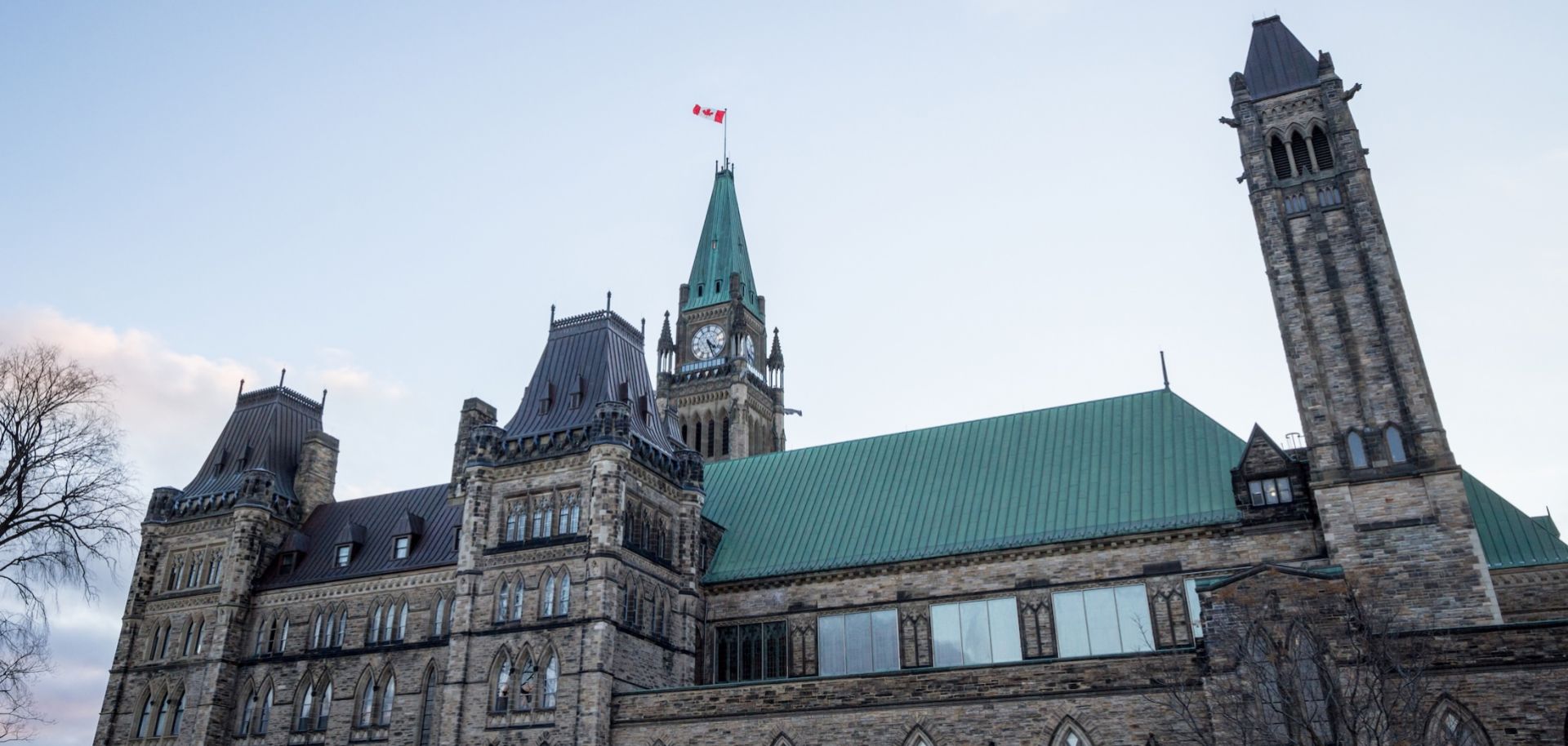The Canadian government's efforts to revive its economy and diversify its trade and security ties away from the United States will likely make some headway in the coming years, but results will be slow and could invite U.S. retaliation, while deficit spending to fuel Ottawa's strategy may also open the door to longer-term fiscal pressure. On Nov. 17, Canada's House of Commons narrowly passed the first full budget under Liberal Party Prime Minister Mark Carney's minority government, staving off fresh elections as budget votes are confidence votes in the Canadian political system. Carney framed the fiscal year 2025-2026 budget as making "generational investments" to resuscitate a stagnant economy weighed down by many factors, including low productivity, weak business investment, domestic trade barriers and, more recently, U.S. tariffs. To this end, Carney has pledged that the budget, which relies heavily on deficit spending to finance large public investments in infrastructure, defense...

